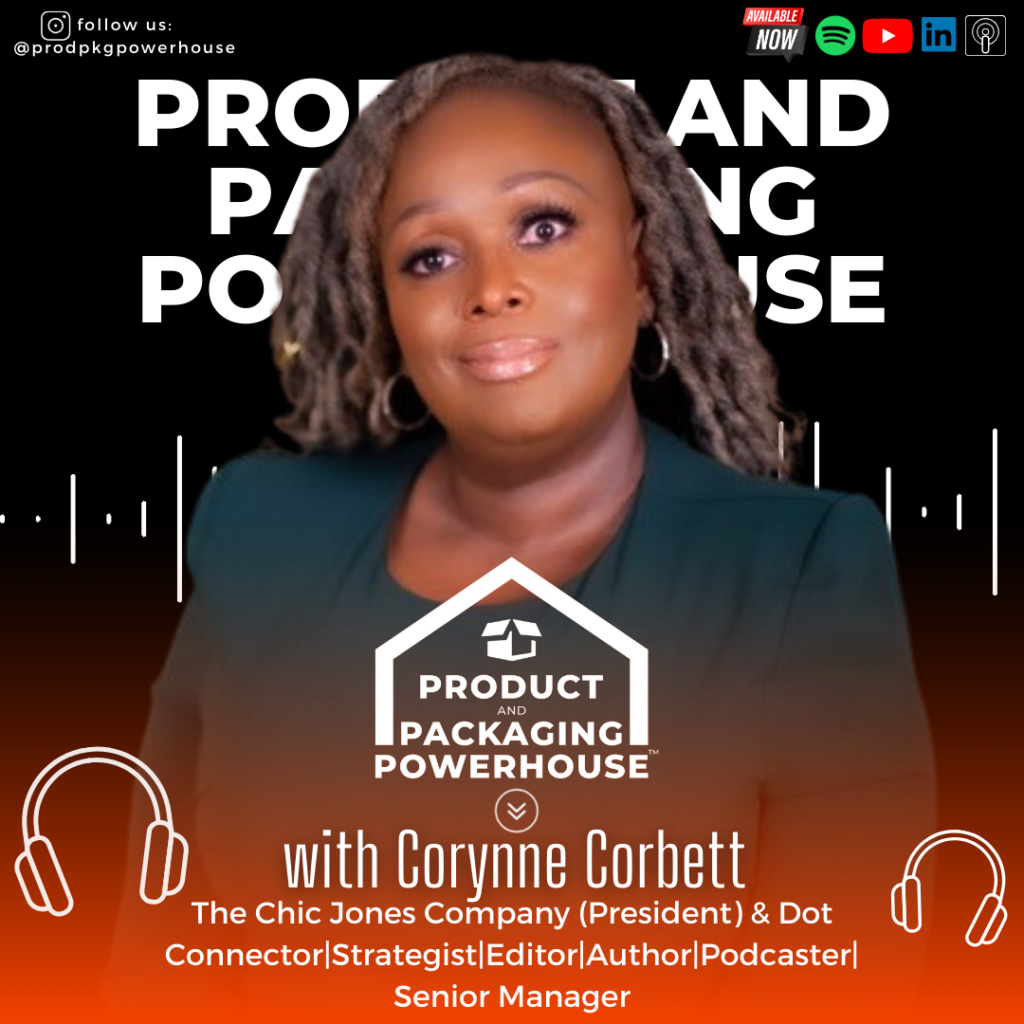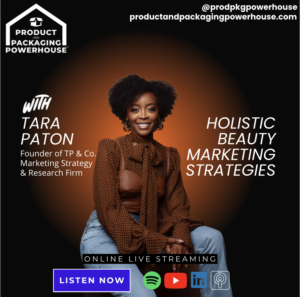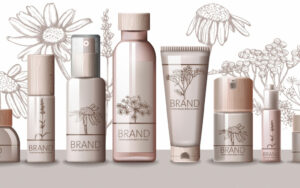Introduction:
In the ever-evolving beauty industry, black-owned brands continue to make significant strides in carving out their own space and challenging conventional norms. But what does it take for these brands to authentically show up, stand out, and successfully navigate the complex world of retail? In this blog article, we will explore the industry impact on black beauty brands and uncover key lessons for establishing a strong foothold in the market.
1. Regulatory Specialists: The Guardians of Compliance:
One of the fundamental aspects of launching a successful beauty brand is ensuring compliance with product testing and regulatory requirements. Investing in regulatory specialists is essential to navigate this complex landscape swiftly and avoid any legal pitfalls. Brands must have necessary documents and testing in place for market entry with retail giants like Nordstrom and Target, which have stringent compliance standards.
2. The Fearless Fund: Empowering Black Beauty Brands:
Venture capital funding plays a crucial role in accelerating growth and scalability for black-owned beauty brands. The Fearless Fund, founded by Arian Simone and Keshia Knight Pulliam, aims to bridge the funding gap for black women entrepreneurs. However, it is crucial to be aware of potential challenges such as discrimination lawsuits that may affect the funding landscape. Collaboration and support within the black beauty community can also lead to impactful partnerships and resource sharing.
3. The Retailer’s Perspective:
Before entering the retail space, it’s crucial to understand retailers’ preparedness and processes. Retailers need to be cognizant of factors such as payment timelines, order fulfillment, and handling returns. While retail success for black-owned brands is rare, it is still possible. Brands must be well-prepared and knowledgeable about these aspects to avoid potential disasters.
4. Authenticity and Representation:
Authenticity is the bedrock of any brand’s success and resonates strongly with consumers. The beauty industry is increasingly recognizing the importance of representation and the need for products that are intended for and created by the black community. Collaborations with black professionals in the beauty industry can lead to innovative products and effective messaging that caters to a diverse audience.
5. Strategic Path to Retail:
Entering the retail market requires a well-thought-out strategy and thorough preparation. Rather than rushing into retail, it’s crucial to focus on the necessary steps that will lead to sustainable growth over the next five years. Understanding minimum order quantities, net terms, and engaging in strategic negotiations with suppliers are important for black-owned brands.
Conclusion:
As the beauty industry continues to diversify, black-owned beauty brands have an incredible opportunity to authentically show up, stand out, and make a lasting impact. By investing in regulatory compliance, understanding the dynamics of venture capital funding, and strategically preparing for retail, these brands can navigate the industry landscape with confidence. By staying true to their values, utilizing authentic representation, and focusing on building a community, black beauty brands can pave the way for a more inclusive and vibrant industry

Corynne L. Corbett is a recognized beauty and lifestyle expert and an accomplished media professional. She is the President of The Chic Jones Company, through which she works with clients in the beauty, wellness, and lifestyle space. Corbett hosts Start Right Here, a podcast spotlighting the career journeys of BIPOC beauty professionals. And is the co-author of the forthcoming book, Root Therapy: How to Love Your Hair (and Yourself), with celebrity hairstylist Felicia Leatherwood. Previously, Corbett held senior editorial and leadership positions at Elle, Mode, Heart & Soul, Real Simple, and Essence.
- Website: https://linktr.ee/startrighthere
- LinkedIn:https://www.linkedin.com/in/corynnecorbett
- https://instagram.com/corynnec
- https://www.tiktok.com/@ceetothesquare
- Listen to Corynne and Megan Young Gamble interview on Start Right Here Podcast with Corynne Corbett
- Jumpstart your Brand Now https://linktr.ee/startrighthere






